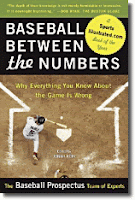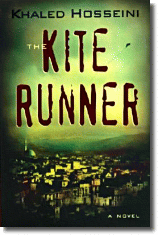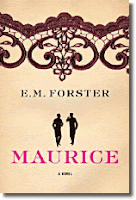Earlier this week I asked him what he was reading. His reply:
Christopher Lane (Ph.D. University of London) teaches and writes about mostly Victorian andI'm currently reading three excellent books that take the excesses of American psychiatry and the drug companies as their major theme: Allan Horwitz and Jerome Wakefield's The Loss of Sadness: How Psychiatry Transformed Normal Sorrow into Depressive Disorder (Oxford); Jeremy Greene's Prescribing by Numbers: Drugs and the Definition of Disease (Johns Hopkins); and Peter Conrad's The Medicalization of Society: On the Transformation of Human Conditions into Treatable Disorders (also Johns Hopkins). All three books are wonderfully sharp and well-documented, but The Loss of Sadness is the most eloquent, raising serious concerns about what antidepressants are doing to our emotions and how they're numbing us to various harsh realities in the world. These books appeared just before mine, on the history of social anxiety disorder, but it's striking that we're all voicing shared concern about where to draw the line between chronic distress and common unhappiness.
Much-lighter fare for me is the recently published and compelling 7 Deadly Sins Sampler, which includes many thoughtful classic short stories by Flannery O'Connor, Raymond Carver, Edith Wharton, and Margaret Atwood: I recommend it highly. I'm just starting Junot Díaz's second novel, The Brief Wondrous Life of Oscar Wao, which so far is a riot. Very difficult to put down!
 modern British fiction, with secondary expertise in 19th-century psychiatry, psychology, and intellectual history. He is the author of four books: The Ruling Passion (Duke, 1995), The Burdens of Intimacy (Chicago, 1999), Hatred and Civility: The Antisocial Life in Victorian England (Columbia, 2004, 2006), and Shyness: How Normal Behavior Became a Sickness (Yale, 2007; French translation forthcoming in 2008 with Editions Flammarion). He is also the editor of The Psychoanalysis of Race (Columbia, 1998) and a coeditor of Homosexuality and Psychoanalysis (Chicago, 2001). He’s written for the New York Times, Herald Tribune, and New Statesman and Society, and published articles in journals such as Raritan, Novel, Victorian Studies, ELH, Modernism/Modernity, PMLA, Common Knowledge, and the Oxford Literary Review. He is currently completing a book on Victorian agnosticism entitled Failing Gods: A Century of Doubt.
modern British fiction, with secondary expertise in 19th-century psychiatry, psychology, and intellectual history. He is the author of four books: The Ruling Passion (Duke, 1995), The Burdens of Intimacy (Chicago, 1999), Hatred and Civility: The Antisocial Life in Victorian England (Columbia, 2004, 2006), and Shyness: How Normal Behavior Became a Sickness (Yale, 2007; French translation forthcoming in 2008 with Editions Flammarion). He is also the editor of The Psychoanalysis of Race (Columbia, 1998) and a coeditor of Homosexuality and Psychoanalysis (Chicago, 2001). He’s written for the New York Times, Herald Tribune, and New Statesman and Society, and published articles in journals such as Raritan, Novel, Victorian Studies, ELH, Modernism/Modernity, PMLA, Common Knowledge, and the Oxford Literary Review. He is currently completing a book on Victorian agnosticism entitled Failing Gods: A Century of Doubt.Learn more about Shyness: How Normal Behavior Became a Sickness at the Yale University Press website.
--Marshal Zeringue






















































